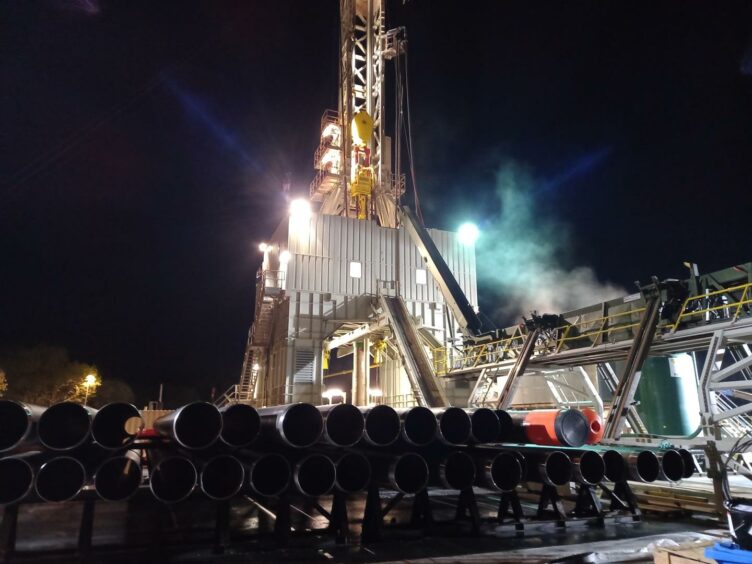
Unlike water or gas, in the UK geothermal energy is not recognised by law as a natural resource. Bespoke regulatory systems, licensing and management are urgently needed along with government support to develop the UK’s geothermal sector, writes Dr Corinna Abesser of the British Geological Survey.
Geothermal energy is heat generated and stored in the ground and is a source of low-carbon, renewable energy. It is homegrown, available throughout the UK at depths from a few metres to several kilometres and can provide heat or power all year long – irrespective of the weather conditions.
In countries such as Germany and France, geothermal energy has been shown to offer environmental, economic and technical advantages in comparison to other renewable and non-renewable heating sources. These include a small land area footprint, scalable applications from individual homes to district heating scale, very low greenhouse gas emissions, and long-term availability.
Paris, for example, has been using geothermal energy for heating since 1969, today supplying geothermal heat to 250,000 households via 50 heating networks.
The geothermal potential in the UK has been investigated at various times since the 1970s when a review of geothermal resources was undertaken as part of the Geothermal Energy Programme funded by the UK Government and the European Commission.
Despite these early findings, which identified geothermal resources across all parts of the country, geothermal technologies currently deliver less than 0.3% of the UK’s annual heat demand, using only a fraction of the estimated available geothermal heat resource.
High, upfront capital costs and the geological risk of not achieving the required temperatures or water flows presents a major barrier to the development of geothermal heat and power projects in the UK.
Some stakeholders argue that the absence of long-term targets and policies that support the development of skills, supply chains and a service industry are one of the main reasons why geothermal energy in the UK has fallen behind that of other, similar countries.
Lack of information regarding the application of geothermal technologies in the UK, has also meant that deep geothermal is not currently factored into the UK’s carbon budget or government strategies. Roll-out may require long-term government support to develop pilot projects and expand the industry.
In addition, there is currently no bespoke regulatory system for the licensing, ownership and management of the geothermal resource in the UK. Activities are controlled under
regulations originally developed for petroleum exploration or water resource use and protection.
Some industry stakeholders regard aspects of this repurposed regulatory system as being unsuitable for regulating deep geothermal energy in the UK and highlight other barriers such as the complexity of the approval process which can be time consuming.
Streamlining the regulatory process is regarded by some in the industry as an important measure to facilitate the wider uptake of geothermal technologies, for example by assigning a geothermal regulator or agency to coordinate the approval process. This could reduce costs to projects and speed up delivery.
There is a consensus among geothermal stakeholder groups that a ‘route to market’ is needed for the geothermal sector to develop in the UK. Alongside improved regulation, building a successful market framework for geothermal development might could be achieved by adopting strategies similar to those provided to other sectors, such as offshore wind.
Ambitious targets and long-term government support have enabled rapid cost reductions in the last 15 years, moving offshore wind from being perceived as a risky investment, to becoming a favourite for investors looking for long-term sustainability and returns.
Developing the geothermal sector and realising this untapped potential, could provide considerable economic stimulus and employment opportunities. This might include the redeployment of technologies and workers from the oil and gas industry, the latter having many transferable skills and experiences in risk assessment and mitigation, deep-drilling, reservoir development and management.
Recommended for you
